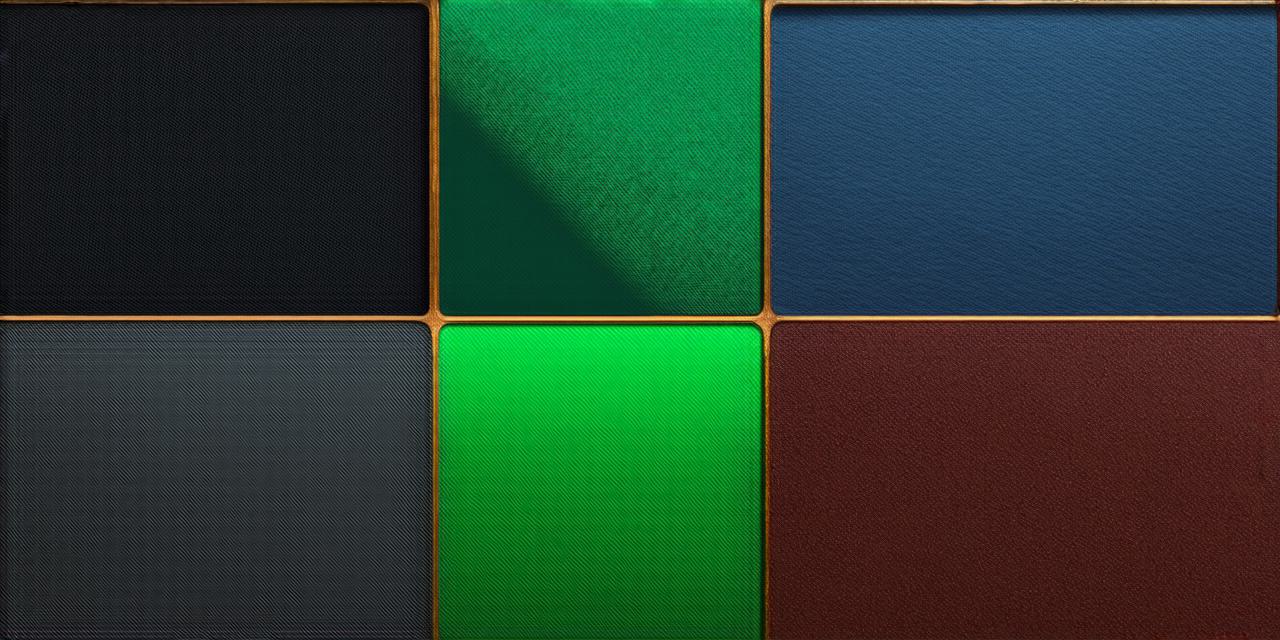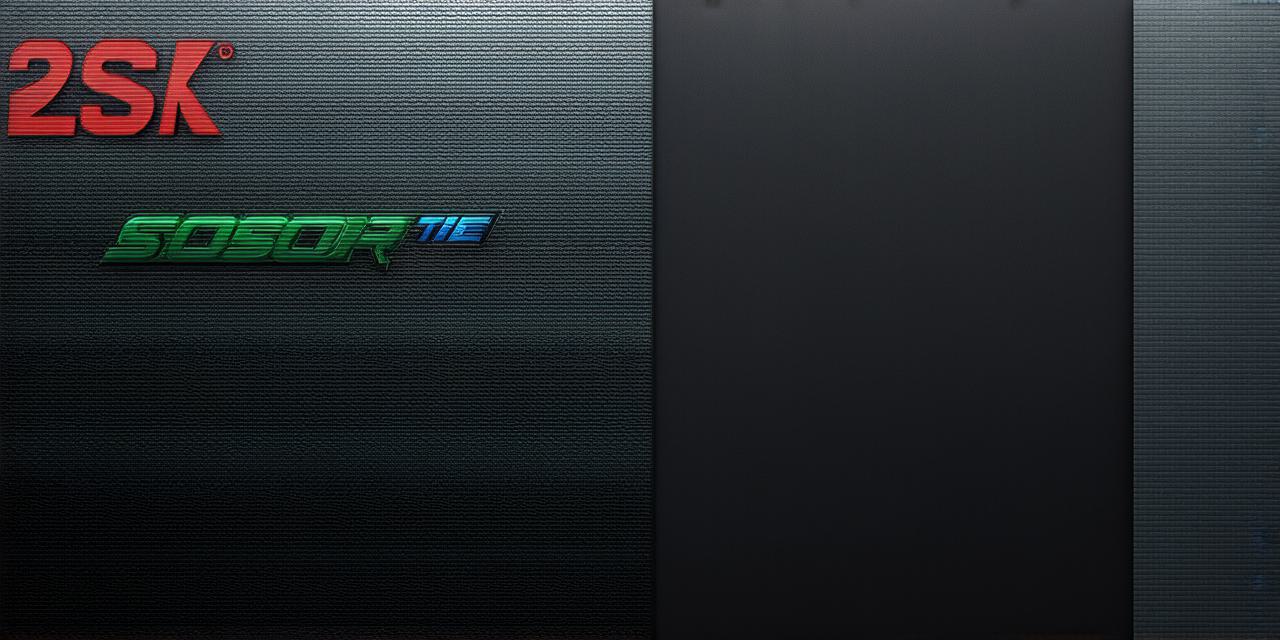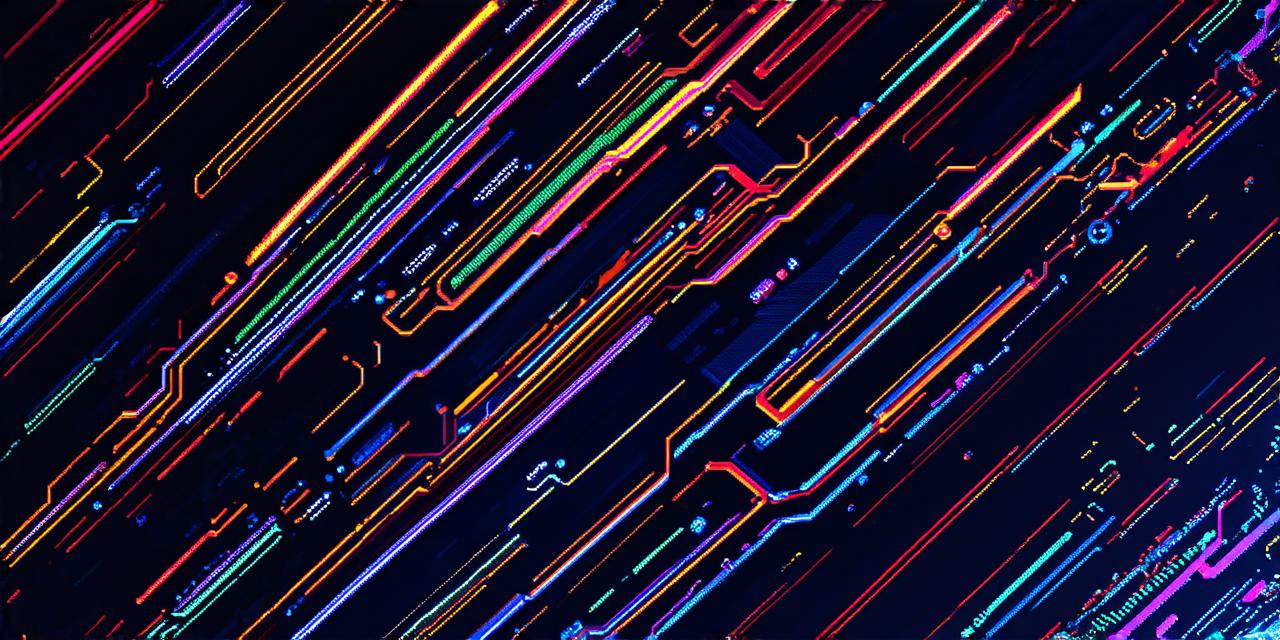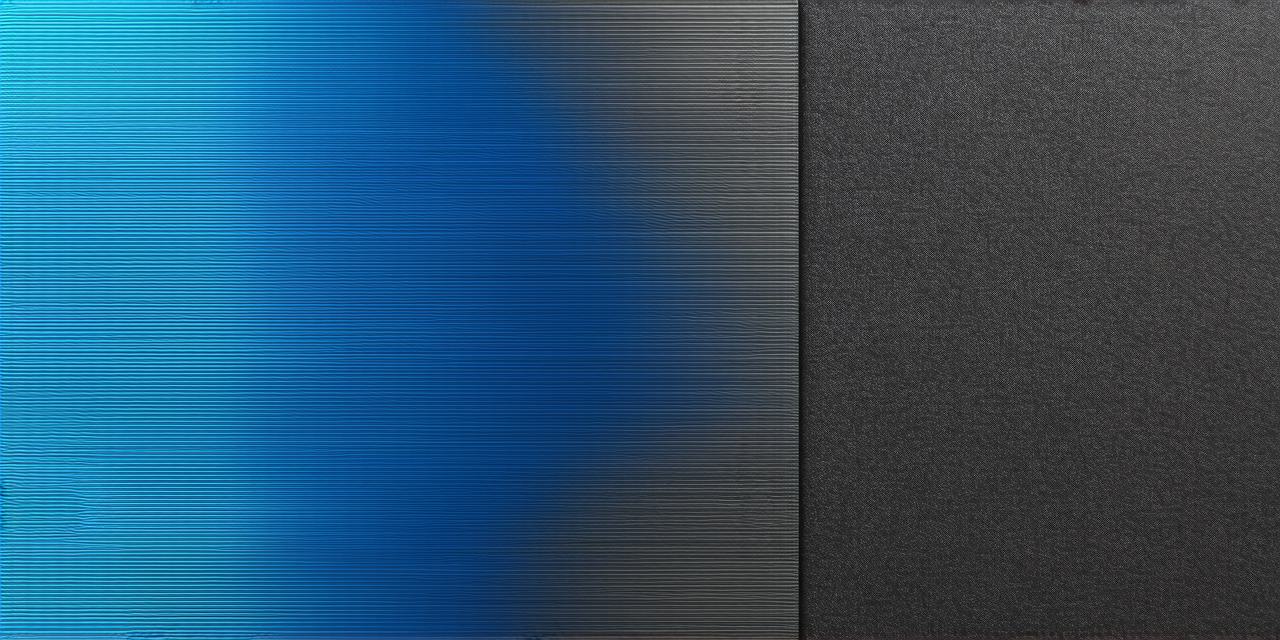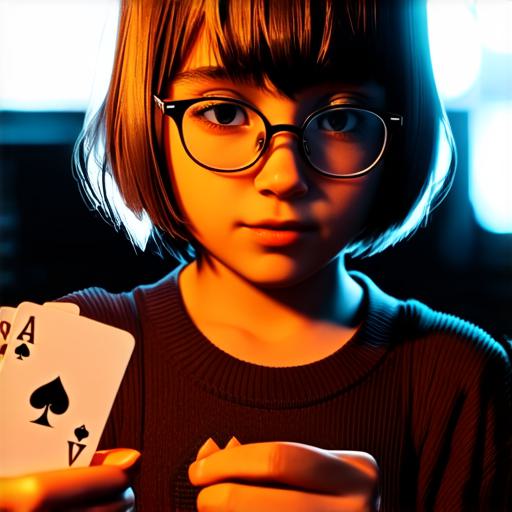
Ownership of Your Game: An Overview
When it comes to owning your game, there are a few key things to consider. First, you should understand that games, like any other piece of creative content, are protected by copyright law. This means that you as the creator of the game have exclusive rights to use and distribute it, as well as control who else can use or distribute it.
However, there are several scenarios in which ownership of a game might not be entirely clear-cut. For example, if you hire other developers or contractors to work on your game, they may also have a claim to ownership of certain aspects of the game. Additionally, if you use third-party assets, such as music or sound effects, you will need to obtain the appropriate licenses and permissions to use them.
The Importance of Licensing Agreements
One of the most important ways to protect yourself as a game developer is by using licensing agreements. A licensing agreement outlines the terms under which someone else is allowed to use your game or other creative content. This can include things like how the content will be used, who it can be distributed to, and how long the license will last.
When creating a licensing agreement, it’s important to be clear about what is being licensed and what rights are being granted. You should also consider including provisions for termination of the license if the other party breaches the terms of the agreement.
Case Study: A Game Development Company Faces Legal Trouble Over Licensing Issues
One example of a game development company facing legal trouble over licensing issues is Epic Games, the creators of Fortnite. In 2019, Epic Games was sued by Apple for not allowing in-app purchases made through Apple’s payment system. The suit alleged that Epic Games had breached its contract with Apple by offering alternative payment options, which violated Apple’s licensing agreement.
The case ultimately went to trial, and Epic Games was found to have infringed on Apple’s copyrights. However, the court also ruled in favor of Epic Games on some aspects of the case, including the right to allow users to download and play games outside of the App Store. The decision has since been appealed, but it serves as a cautionary tale for game developers about the importance of carefully considering licensing agreements and compliance with copyright laws.
How to Protect Your Game: Tips and Best Practices
To protect your game and ensure that you retain ownership of it, there are several things you can do. First, be sure to read and understand any licenses or agreements that you sign, including those related to third-party assets. This will help you avoid any potential legal disputes down the line.

Additionally, consider using open source software or other licensing models that allow for more flexibility in how your game can be used and distributed. This can help protect your intellectual property while also making it easier for other developers to work with your game.
Finally, always keep detailed records of any agreements or contracts that you sign, as well as any changes or updates made to them over time. This will make it easier to enforce your rights and protect yourself in the event of a legal dispute.
FAQs on Ownership and Licensing
Q: What is intellectual property law?
A: Intellectual property law refers to the legal protections afforded to creative works, such as games, music, and literature. This includes copyrights, patents, trademarks, and more.
Q: Do I need a license to use third-party assets in my game?
A: Yes, if you use third-party assets, such as music or sound effects, you will need to obtain the appropriate licenses and permissions to use them.
Q: Can I transfer ownership of my game to another company?
A: Yes, it is possible to transfer ownership of your game to another company through a process called an asset purchase agreement. However, this can be a complex process and may require legal advice.
Conclusion
Ownership and licensing issues can be complex for game developers, but by understanding the basics of copyright law and using appropriate licensing agreements, you can protect your intellectual property and ensure that your game is successful. Remember to always read and understand any agreements or contracts that you sign, and keep detailed records of any changes or updates made over time.
